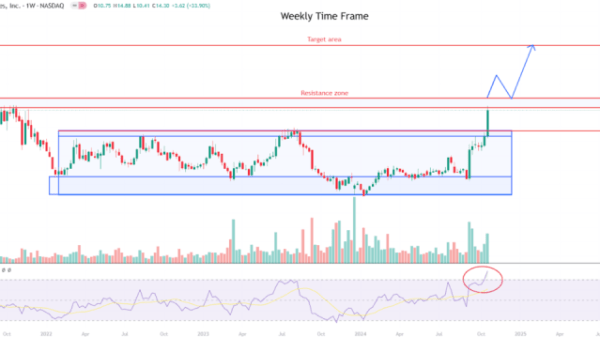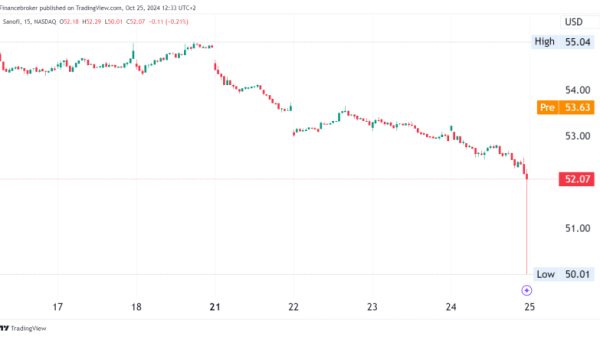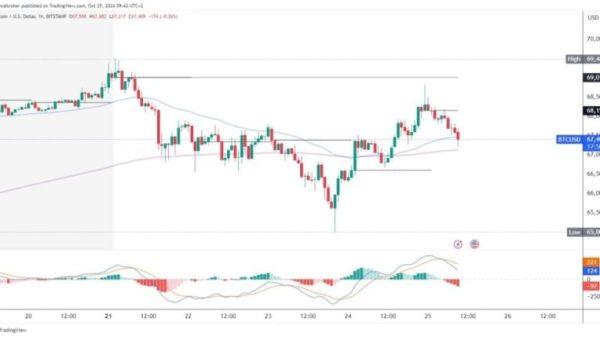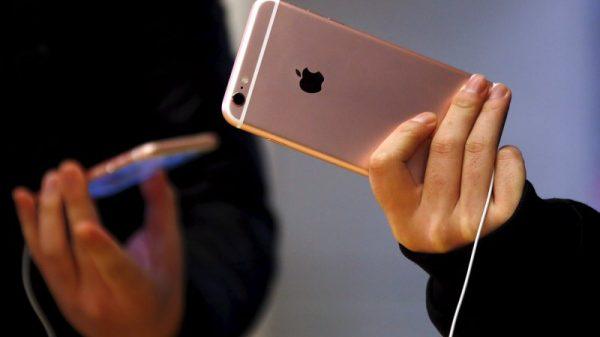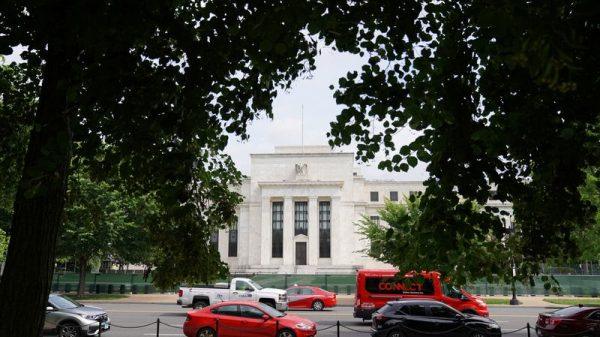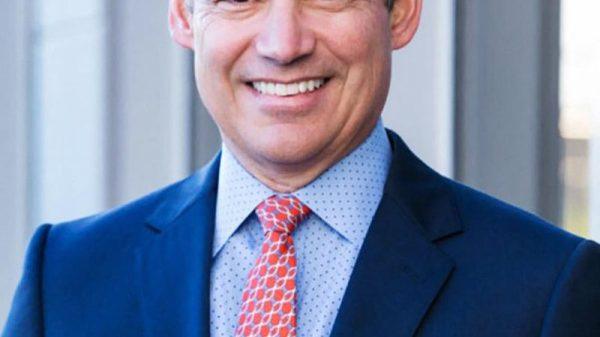CHICAGO (Reuters) – U.S. Republican presidential candidate Donald Trump on Tuesday appeared to soften his position on inserting himself into Federal Reserve policy decisions, saying he believes he would have a right as president to tell the Fed what he thought it should do about interest rates – but he would not order a move.
“I think I have the right to say I think you should go up or down a little bit. I don’t think I should be allowed to order it, but I think I have the right to put in comments as to whether or not the interest rates should go up or down,” the former president said during a Bloomberg News interview at the Chicago Economic Club.
In previous comments, Trump had been more explicit that he believed presidents “should have at least (a) say” in Fed rate decisions.
How Trump would deal with the U.S. central bank should he win a second four-year term as president has been a matter of keen interest in economic circles and on Wall Street following reports earlier this year that a group of his allies had drafted proposals aimed at eroding the Fed’s independence if he wins. The group’s proposals asserted that Trump should be consulted on rate decisions, and Fed banking regulation proposals should be subject to White House review.
The Fed chair and the other six members of its board of governors are nominated by the president and subject to confirmation by the Senate. The presidents of the 12 regional Fed banks are chosen by their own boards of directors, subject to approval by the Fed board.
But the Fed enjoys substantial operational independence to make policy decisions that wield tremendous influence over the direction of the world’s largest economy and global asset markets.
Among the pegs supporting the U.S. dollar’s stature as the world’s reserve currency, for instance, is the Fed’s ability to set monetary policy on its own without political oversight. That status, in turn, is key to granting the U.S. government a nearly unchecked ability to borrow on global bond markets at relatively low interest rates despite having a $35 trillion debt load, dubbed the “exorbitant privilege.”
Trump in Tuesday’s interview declined to answer directly a question about whether he would try to oust Fed Chair Jerome Powell, whom Trump first appointed to run the U.S. central bank — only to later berate Powell and threaten to remove him for raising rates.
“I did because he was keeping the rates too high, and I was right,” Trump said of his threats during his time in the White House to try to remove Powell.
Either Trump or his Democratic rival for the White House, Vice President Kamala Harris, will have the opportunity to appoint a new Fed chief when Powell’s term as chair expires in 2026.

